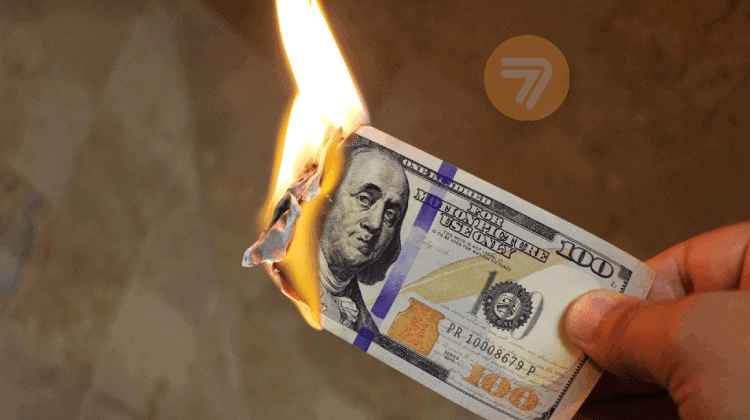India Loses ₹1 – ₹4 Lakh Crore by Not Regulating Gambling
25 Oct 2023
Think Change Forum (TCF), an “Independent think tank that is dedicated to generating new ideas, finding answers and solutions for the changed post-Covid world,” according to their mission statement, has released a report estimating the size of the existing Indian offshore sports betting market and the tax loss for the nation resulting from the government’s failure to regulate online gambling.
The TCF report acclaims the Union Government’s efforts to implement progressive regulation through the recent amendments in the IT Rules and the ongoing procedure to establish a network of Self-Regulatory Organisations (SROs) to oversee the sector.
At the same time, the report gives a warning that unless the government succeeds in enforcing the freshly amended GST regime on online gaming, horse races, and casinos, the effect of the legislative amendments could become negative and redirect formerly legal online gaming activities to illegal and offshore channels.
Lost Gaming Taxation Revenue | Indians Pour ₹8.4 Lakh Crore in Offshore Sportsbooks Deposits
According to the TCF estimations, sports bettors residing in India have been depositing ₹8,20,000 crore (roughly $100 billion) on online gambling platforms based offshore per year, and this particular market has been growing at a rate of 20% for the three years since the pandemic.
It is important to note that the impressive ₹8.2 lakh crore estimate on yearly bets is inclusive of winnings returned to players in the country, which the TCF report takes as roughly 90% of wagered amounts.
In this sense, we are speaking about a Gross Gaming Revenue (GGR) of approximately ₹82,000 crore or $10 billion being siphoned out of India on a yearly basis by unregulated sports betting alone, without the contributions of online casino and other forms of gambling over the internet like international lottery draws.
TCF Calculates both 18% and 28% GST Scenarios
The TCF Think Tank report provides calculations. The calculations are based on the potential tax revenue gains from regulated online gambling in India. There are two scenarios presented. One scenario with the newly “clarified” 28% GST over the full value of deposits. Another one with the contended recent practice of homegrown gaming businesses to charge 18% GST on GGR only.
Making the assumptions that the government would be effective enough in enforcing the full bet value of 28% GST is essential. This applies to local and offshore online gambling activities, as the official intention goes. Additionally, we assume that the current size and growth of the existing Indian online gaming sector would continue unphased. This continuation would be under the new tax burden. Under these conditions, the potential GST proceeds alone to the exchequer would amount to ₹2,29,600 crore per year.
TCF adds to this figure ₹1,59,408 crore from TDS (Tax Deducted at Source), calculated as 30% over winnings expected to be 90% of the deposits after GST, making it a total of ₹3,89,008 crore annually as of now, and growing to ₹6,72,205 crore by the year of 2026.
In the other scenario, the collection of 18% GST on GGR would enable the government to channel 50% of current offshore gambling transactions to taxed online platforms and attract net tax revenues of ₹1,18,080 crore, growing to ₹2,04,042 by 2026.
Both scenarios do not consider potential benefits from corporate taxes. They also overlook the benefits from taxing adjoining business sectors. Sectors that cater to the needs of the online gaming industry and its employees.
Lost Gaming Taxation Revenue | Potential Benefits May Easily Be Lost, TCF Warns
The report by the Think Change Forum points out that failure to implement strict measures could have serious consequences. It warns that not controlling offshore betting and gambling could transform expected business growth. This would lead to untraceable offshore operations and lost tax revenues. The report recommends establishing a special task force for this purpose.
“Indian online gaming sector is at a critical juncture. There is clear intent from the government to develop this nascent sector. However, recent tax compulsions are poised to divert the momentum. This diversion could lead to illegal betting and gambling activities led by offshore players. Such developments can spell disaster for the Indian economy,” TCF Secretary General Tannir Ranganath stated while commenting on the report.
“Moreover, the tax losses to the government are huge. This is only going to grow further given the manner the illegal market is expanding. Timely and appropriate action must be taken by the government to tackle this issue. This action is necessary before it escalates further,” Mr. Ranganath stressed.



